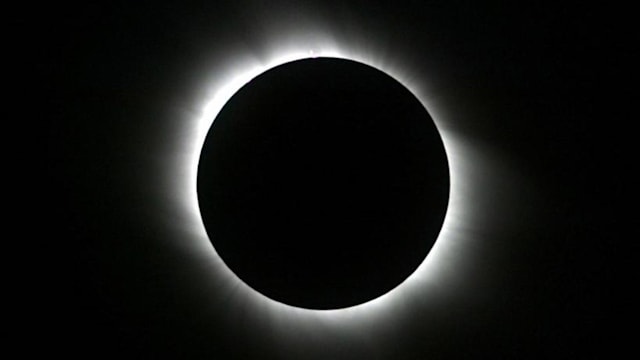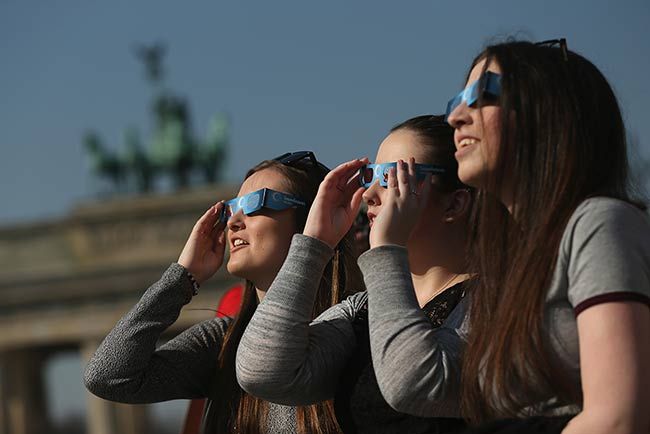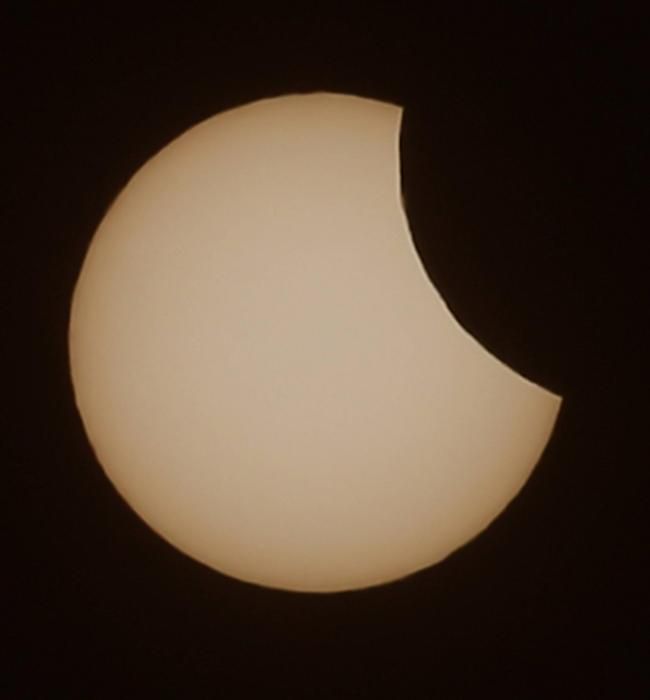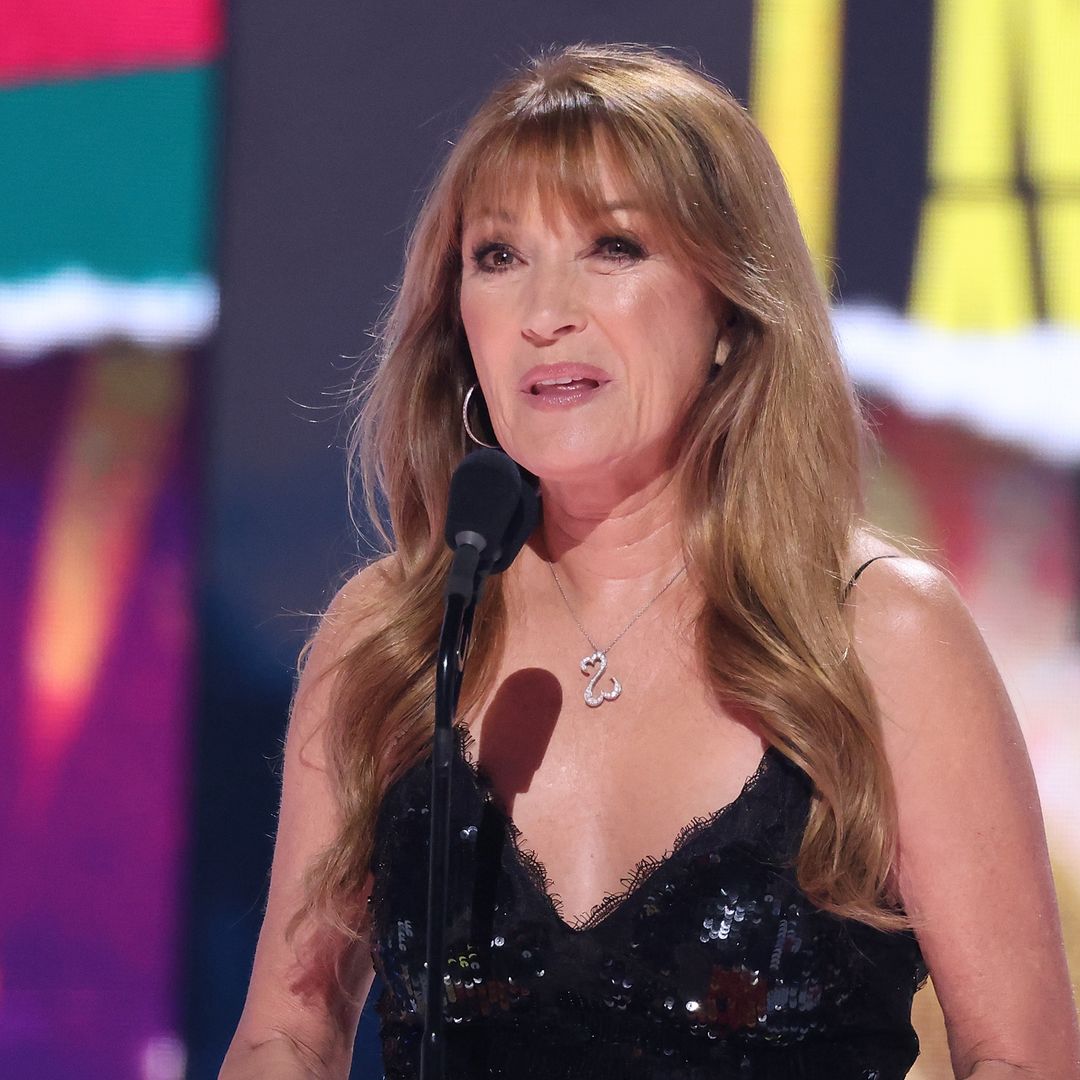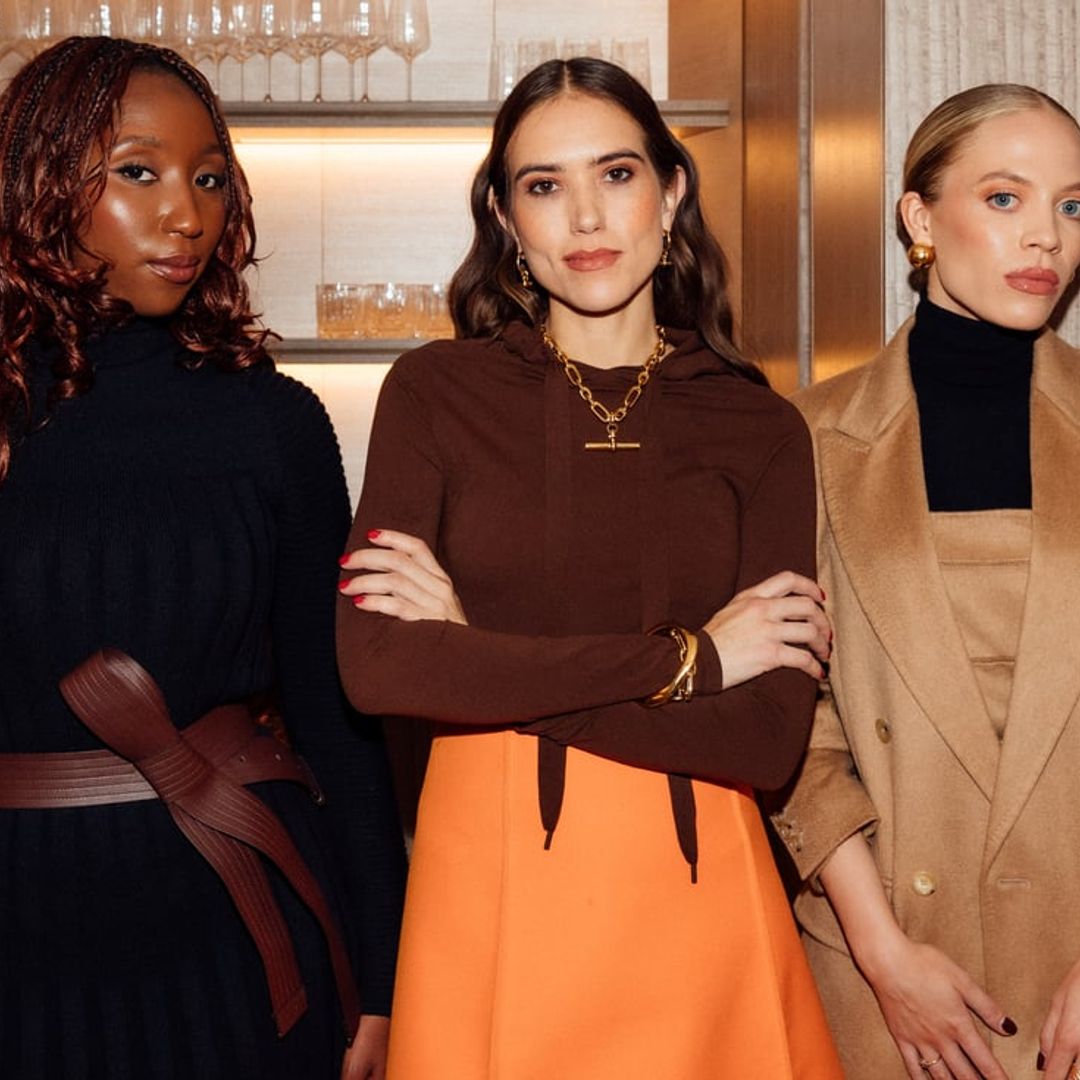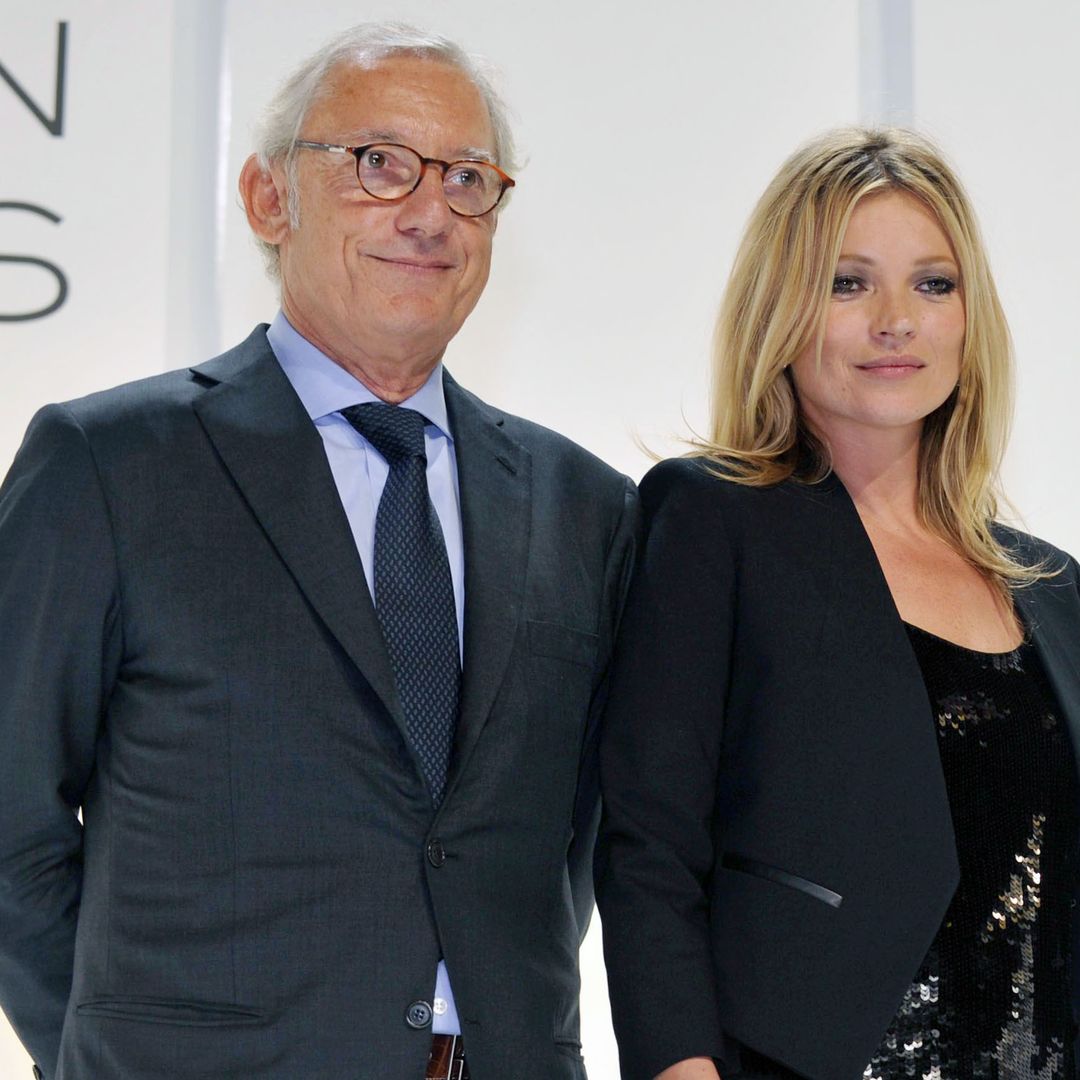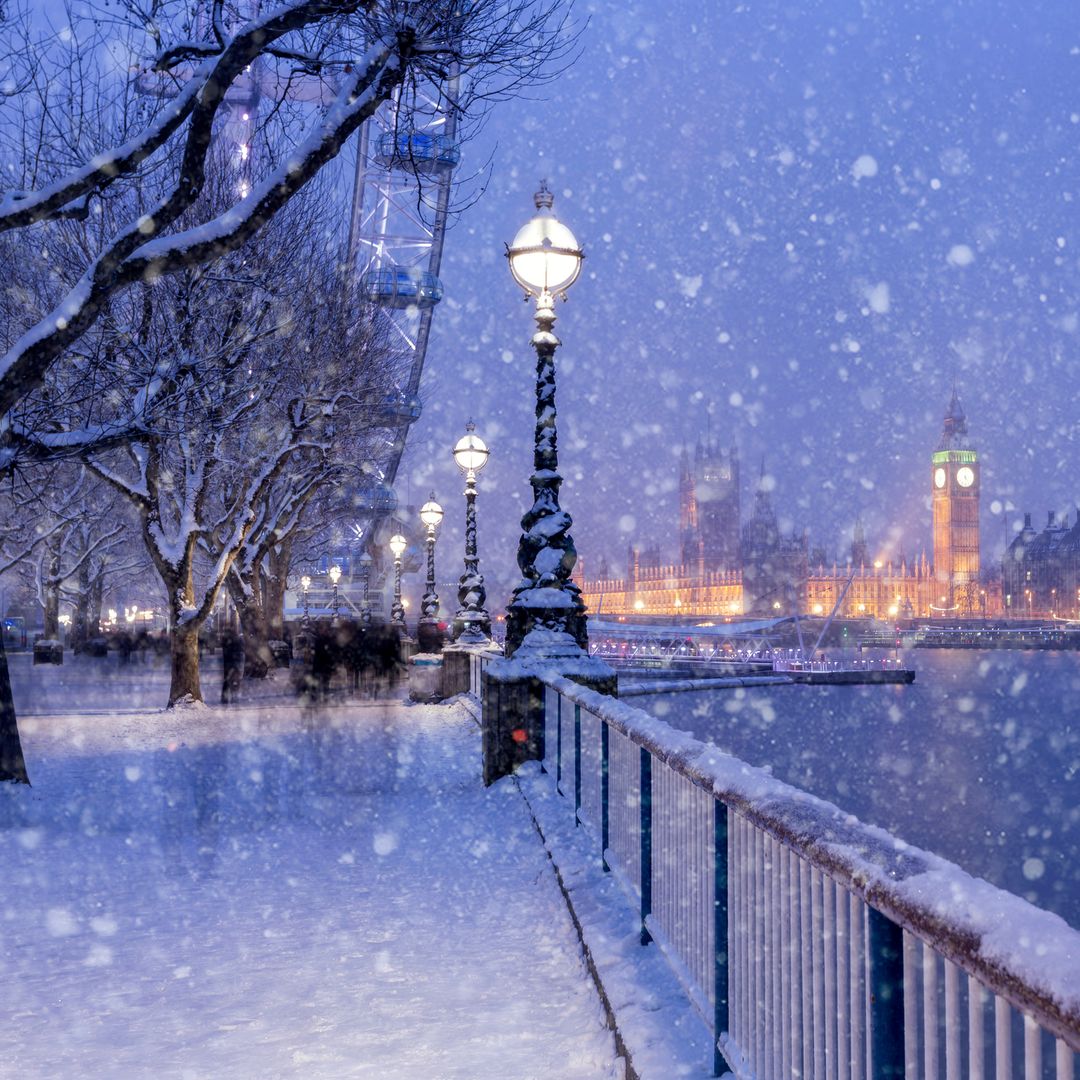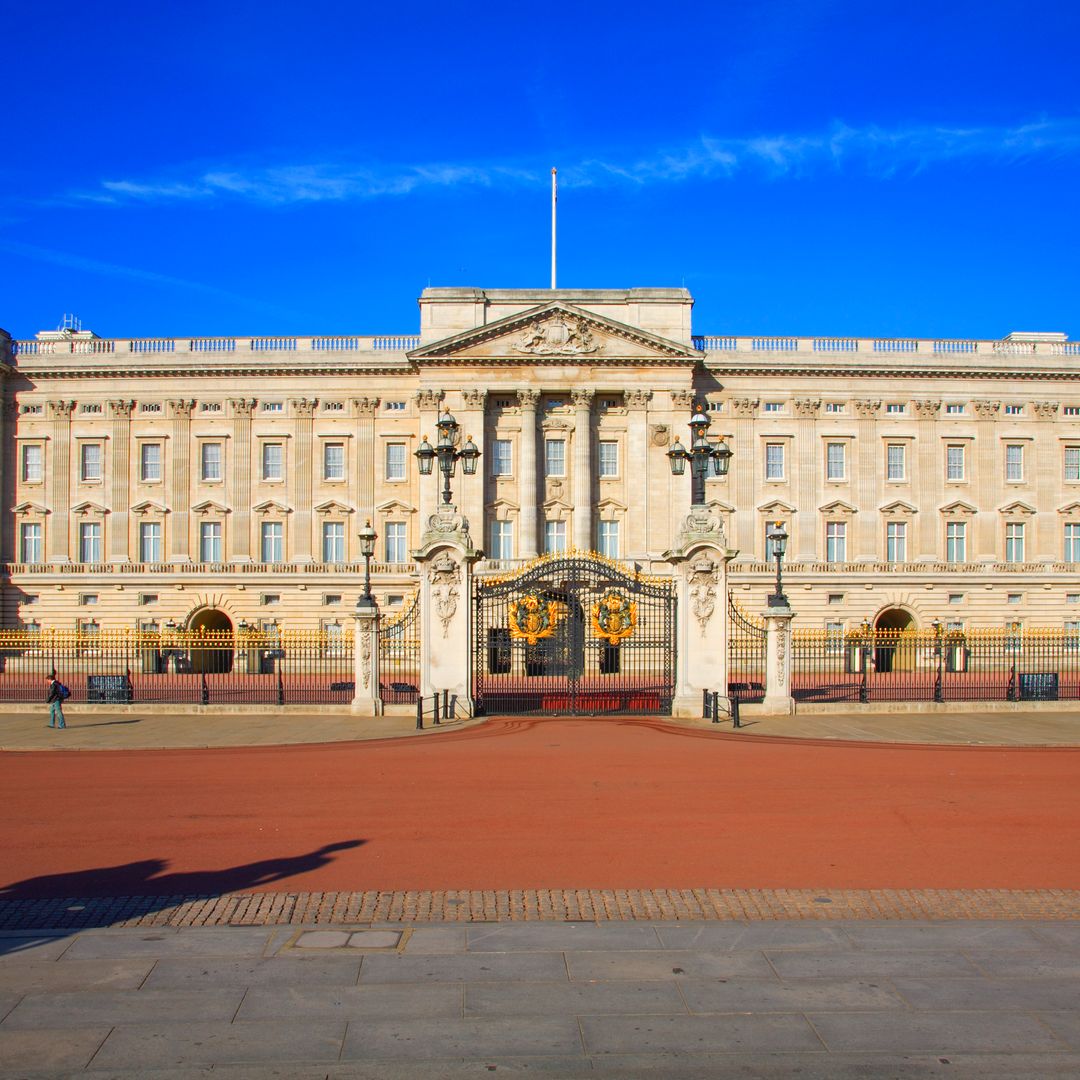On Monday 21 August people around the world will have the opportunity to witness a total solar eclipse, one of the most spectacular space events that can be seen from earth. However, while space watchers across the US will have the best view of the phenomenon, people across the UK will only see a partial solar eclipse.
The eclipse has already been called the Great American Eclipse 2017, and it comes some 38 years after the US last witnessed a similar phenomenon. And it is an even longer time until the UK is next expected to see a total solar eclipse; the next one is forecast for 2090! Ahead of the event, we've rounded up all of the details about the eclipse and what we'll be able to see in the UK.
STORY: This is your last chance to hear Big Ben chime for 4 years
Who can watch the eclipse?
To see the total eclipse you must be in the path of totality, which is actually only about 70 miles wide. On Monday the shadow will cross the US from east to west, passing through parts of 14 states. These are Oregon, Idaho, Montana, Wyoming, Nebraska, Iowa, Kansas, Missouri, Illinois, Tennessee, Kentucky, Georgia and North and South Carolina. So anyone in these states will have the best view.
Other people across North America, parts of South America, Africa and Europe – including the UK – will only see a partial eclipse.
What time is the solar eclipse?
According to NASA, the first point of contact will be at 9.05am PDT – 5.05pm BST, and totality will begin at 10.16am – 6.16pm here in the UK. The eclipse will move southeast across the US and finish near Charleston, South Carolina at 2.48pm EDT – 7pm in the UK.
What will we see in the UK?
We will see a partial eclipse, as the shadow cast by the moon won't fall directly over the UK. If the weather is clear we should be able to see the moon move across part of the sun, however if it's cloudy it's unlikely that we will see anything.
How can we safely watch the solar eclipse?
It is important to be very cautious when trying to watch the partial solar eclipse, and remember the following:
- Never look directly at the sun – even the small amount of sun peeking out behind the moon during the eclipse is enough to make you go blind.
- Don't look at the sun through a telescope or binoculars
- Don't look directly at the sun through a camera, phone or sunglasses as they won't suitably protect your eyes
- To watch the eclipse safely, you need a pair of special glasses that are specially filtered to protect your eyes.
